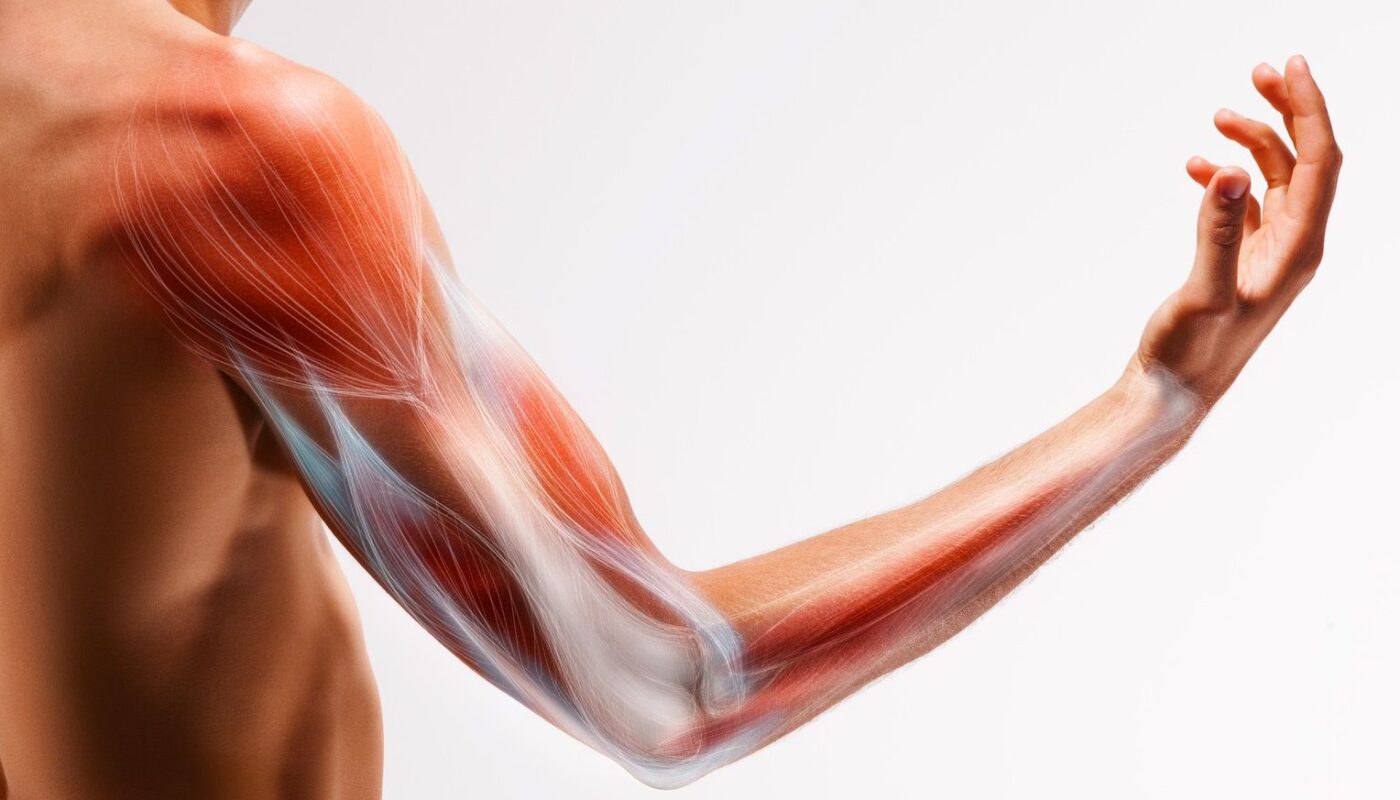Researchers from Tokyo Medical and Dental University (TMDU) in Japan have made a significant breakthrough in understanding the cause of a specific type of harmful inflammation that occurs in certain muscle disorders. In a study published in the Journal of Autoimmunity, the team has identified a group of T cells known as ‘PD-1+ cells’ as the source of this damaging inflammation.
The muscle disorders under investigation, referred to as idiopathic inflammatory myopathies (IIMs), are chronic autoimmune diseases that result in muscle weakness and widespread pain. One characteristic feature of these disorders is the presence of a large number of cells expressing a protein called PD-1. Additionally, muscles at sites of inflammation in IIM patients express PD-L1, which is the binding partner of PD-1.
The team aimed to clarify the role of PD-1+ cells in IIMs and determine whether PD-L1 expression in the muscles protects against inflammation. Using samples from IIM patients and a mouse model of the condition, they analyzed the production of cell-damaging molecules by PD-1+ cells and the protective effects of PD-L1.
The results of the study were clear and significant. The researchers found that PD-1+ cells infiltrated the muscles expressing PD-L1 and expressed high levels of cell-damaging molecules in patients with active disease, indicating that the cells were activated rather than exhausted. Furthermore, mice unable to express PD-L1 developed severe disease and exhibited high numbers of PD-1+ cells that expressed cell-damaging molecules. Additionally, mice unable to produce the protein IFNγ, which promotes PD-L1 expression, showed worse disease symptoms compared to normal mice.
Dr. Hirokazu Sasaki, the lead author of the study, highlighted the importance of these findings, stating, “Our findings show that PD-1+ T cells are pathogenic in a subset of IIMs, and that muscular PD-L1 expression, regulated by IFNγ, exerts a protective effect in patients with these conditions.”
The discovery that PD-1+ T cells are the main culprits behind IIM symptoms provides a promising target for treatment. A recent clinical trial showed that an antibody targeting PD-1 could effectively treat patients with rheumatoid arthritis, suggesting that existing therapies for other inflammatory diseases could be applied to IIMs.
This breakthrough research sheds light on the underlying mechanisms of IIMs and opens up possibilities for targeted treatments that could alleviate the debilitating symptoms experienced by patients. Further studies and clinical trials will be essential in developing effective therapies to improve the quality of life for individuals affected by these muscle disorders.



